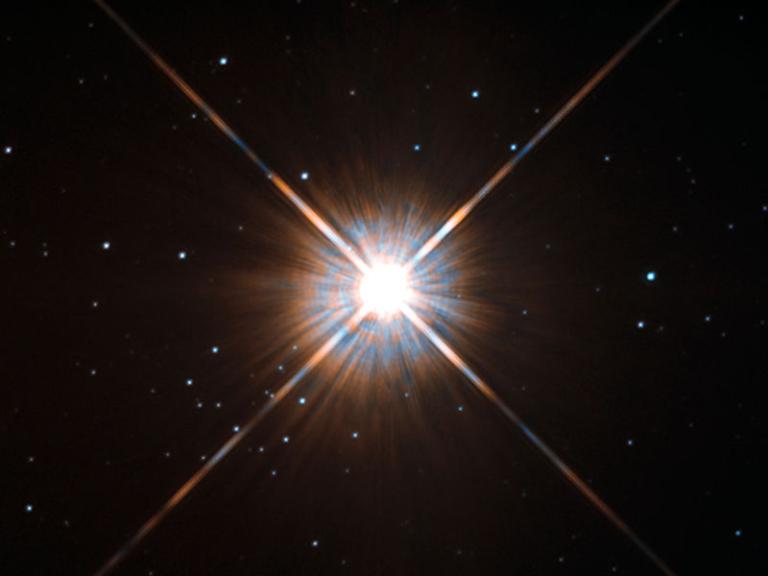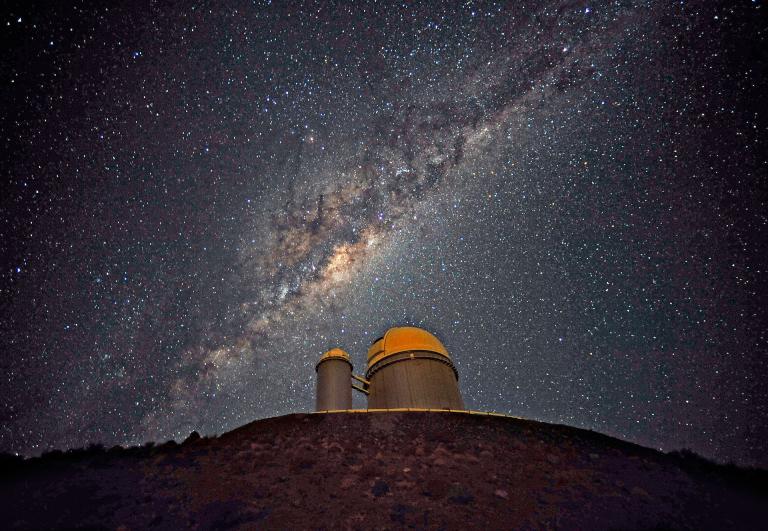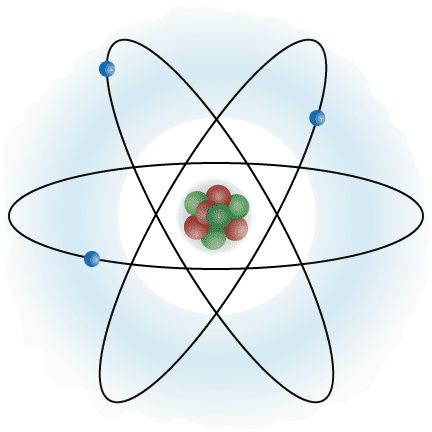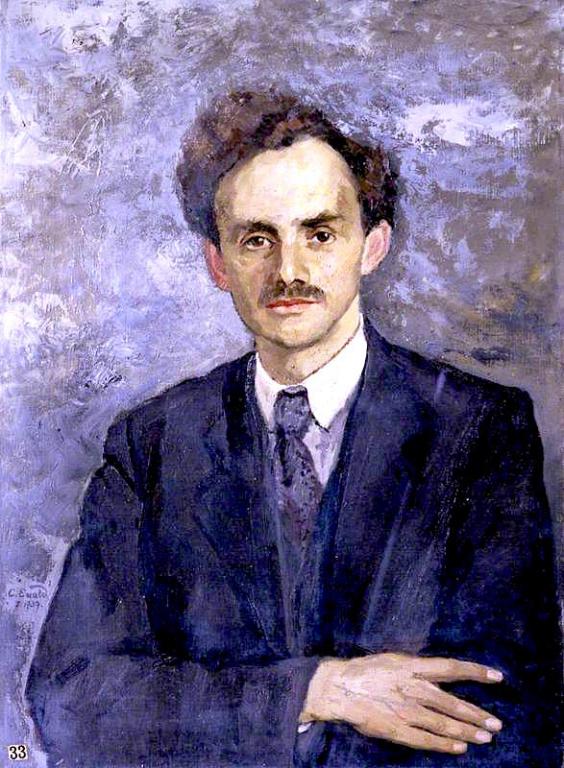
(Wikimedia Commons public domain image)
There is, perhaps, some hope for me:
“‘Remarkable’ Blood Flow Discovery Could Pave the Way to New Treatments for Dementia and Migraines”
Alas, though, things still look fairly grim in Oceania:
But not entirely so:
And now for some news from outer space:
***
I share here two more passages from Roger Trigg, Beyond Matter: Why Science Needs Metaphysics (West Conshohocken, PA: Templeton Press, 2015), which I read and marked up some time back. Dr. Trigg, the founding president of the British Philosophical Association, was a student of the late A. J. Ayer, one of the principal thinkers of the school of “logical positivism.” He is currently a professor emeritus of philosophy at the University of Warwick and a senior research fellow at the Ian Ramsey Centre of the University of Oxford:
W. V. Quine . . . introduced the idea that theories can be “underdetermined” by the data. Alternative theories could prove to be empirically adequate. An example in ordinary life might be a glimpse of a series of sinewy shapes in the water in Loch Ness. Might they be a succession of creatures, such as seals leaping along, or one monster? In that case further observation might settle the issue, but there are plenty of cases in science where all the available data still fit different interpretations. (16)
One of my frequently-commenting readers likes to assert that science has disproved theism. But, of course, it hasn’t. The answer to the question of theism versus atheism is underdetermined by the data.
He [Wittgenstein] used the analogy of games. Different games are played with different rules, and you cannot apply the rules of, say, physics to a completely different practice, just as you cannot complain of baseball that there are not enough goals or of cricket that there are no home runs. You cannot start talking of scientific verification in a theological system. They are just different. (18)
If that same reader were ever to grasp Wittgenstein’s point, he would be largely reduced to silence.












